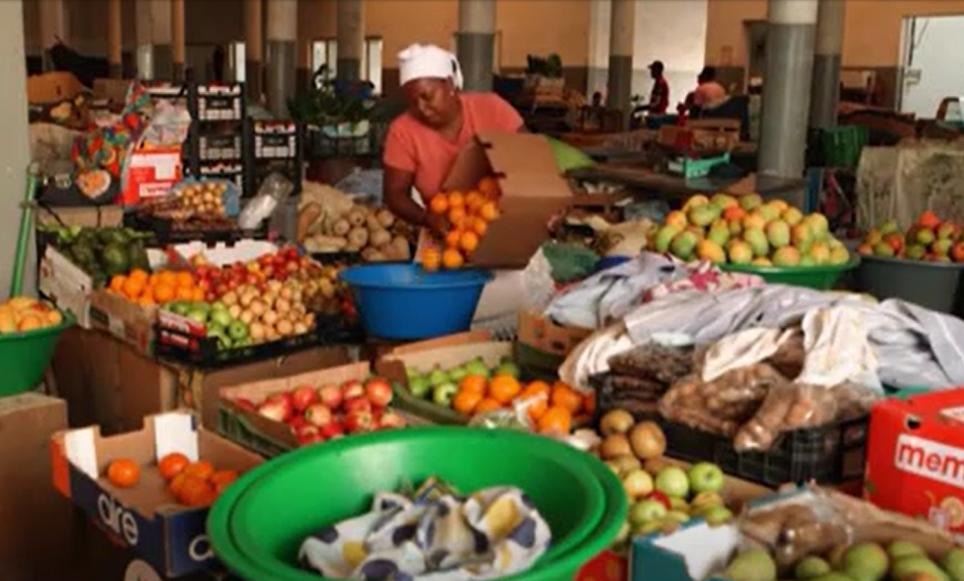Cabo Verde, an archipelago of ten islands, nine of which are inhabited, is a Small Island Developing State (SIDS) in West Africa. It is increasingly bearing the brunt of the effects of climate change.
In 2018, a severe drought hit the country where approximately one-quarter of the population relies on agriculture for their main income. Since then, rainfall has been scarcer and more unpredictable than in previous years prior, leading to a significant drop in food production and grazing land losses. Coupled with the impact of the COVID-19 pandemic on the important tourism sector, it culminated in a peak of food insecurity across the country in 2022.
Willy Gonçalves, 29-year-old from the Cabo Verde’s main island of Santiago is a manager of a plant nursery that he has worked on since he was nine-year-old. He witnessed first-hand the effects of climate change on the country’s agriculture.
Read more: africanews.com
Photo: africanews.com


Leave a Reply